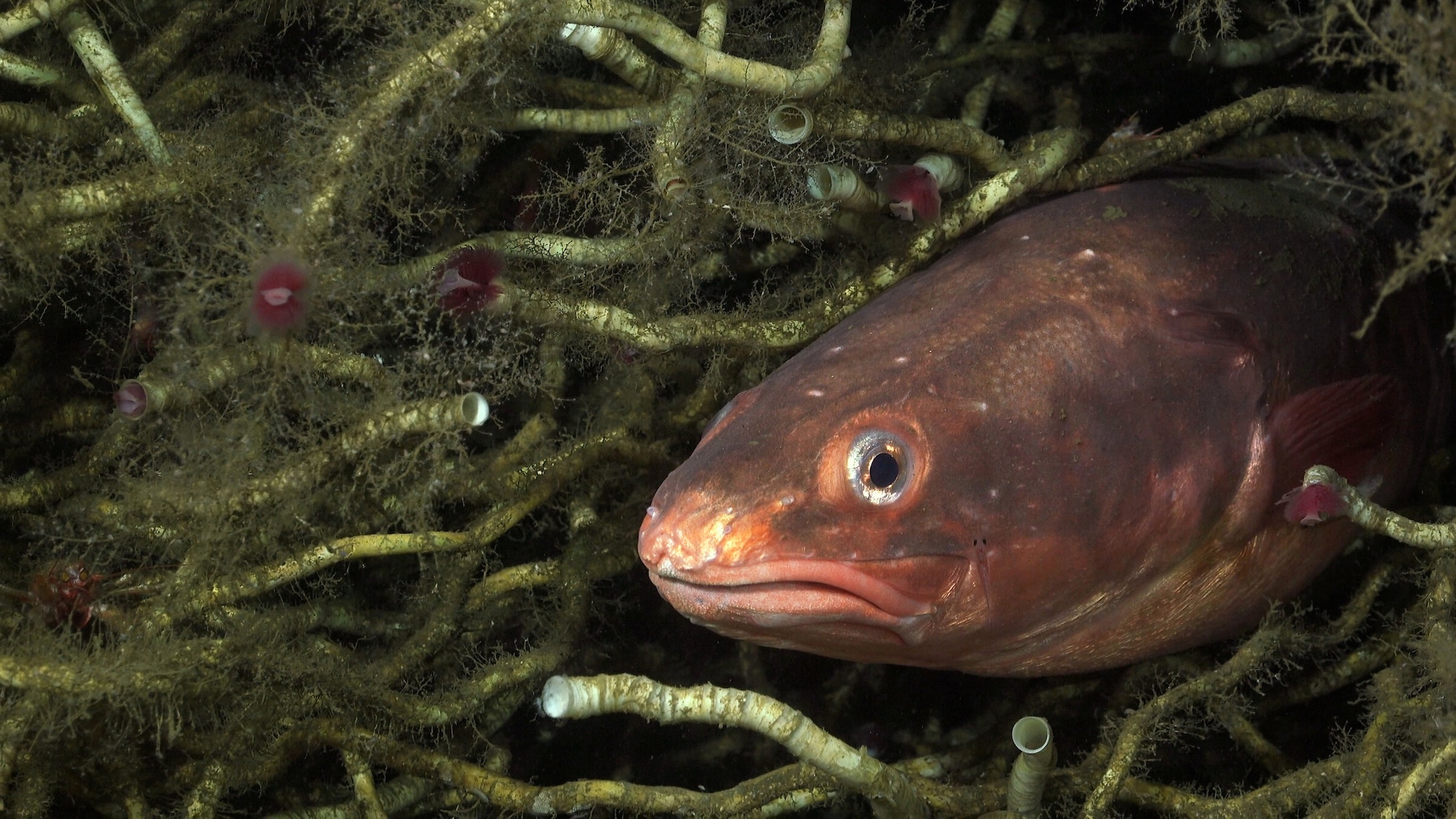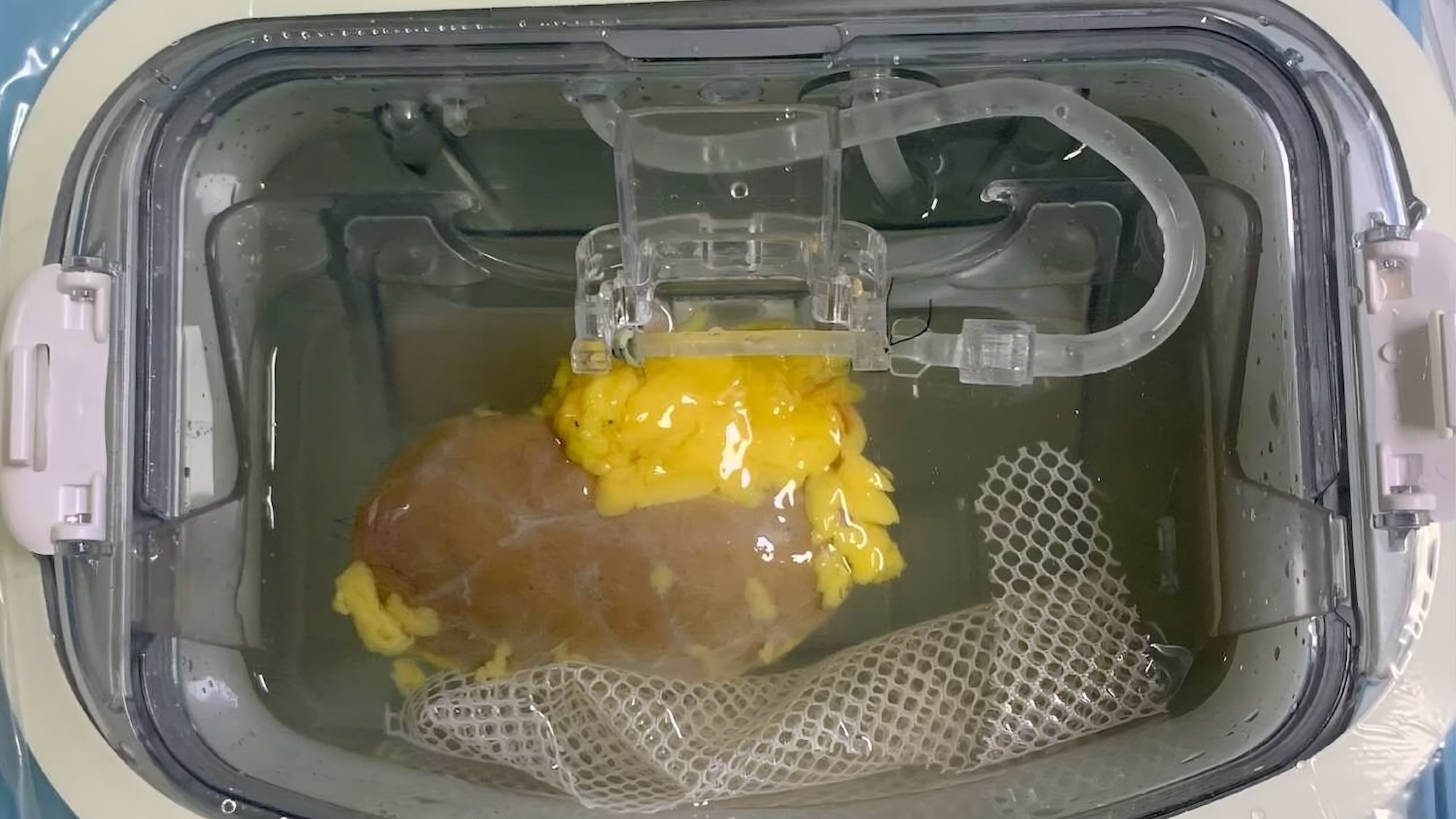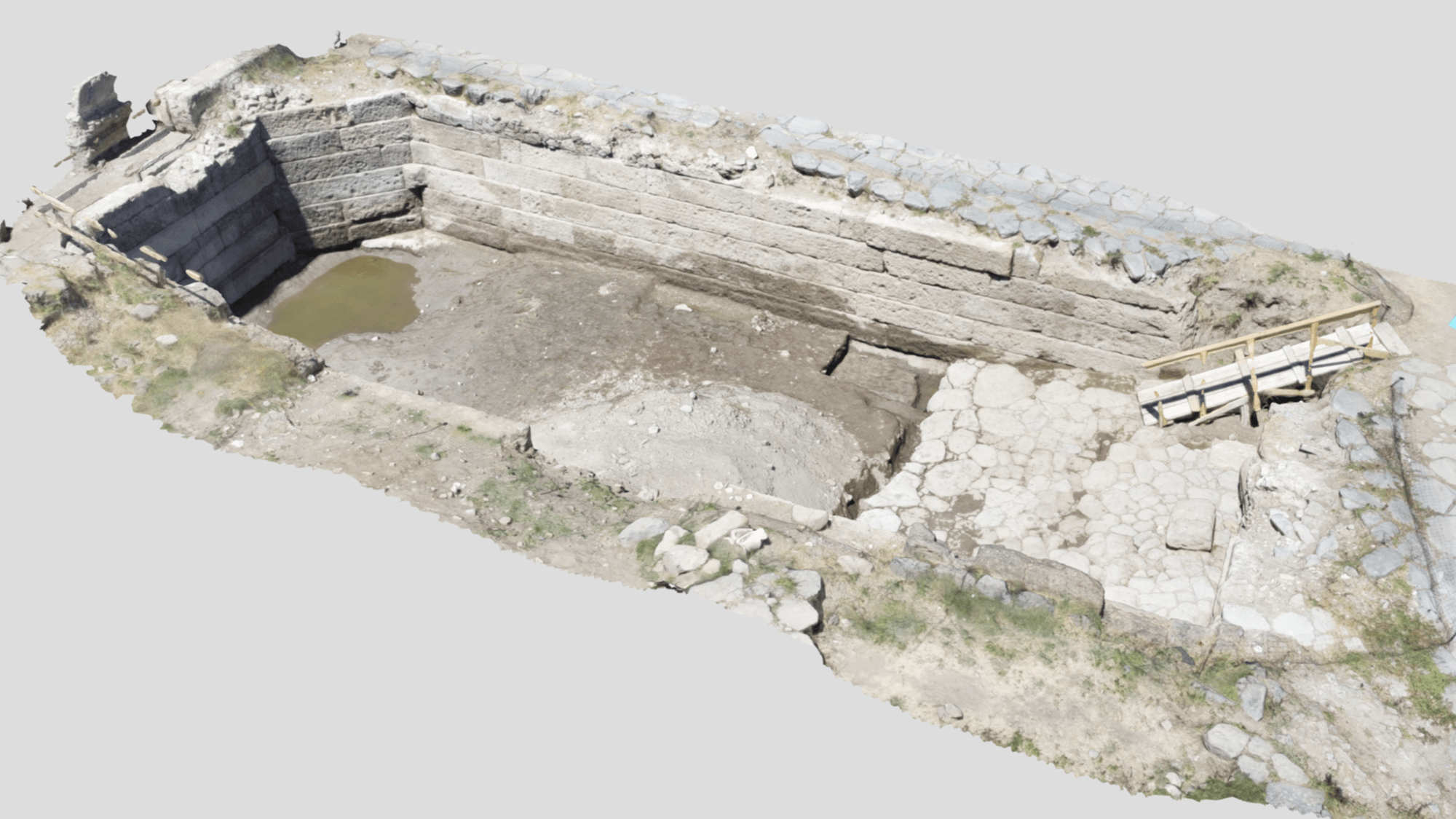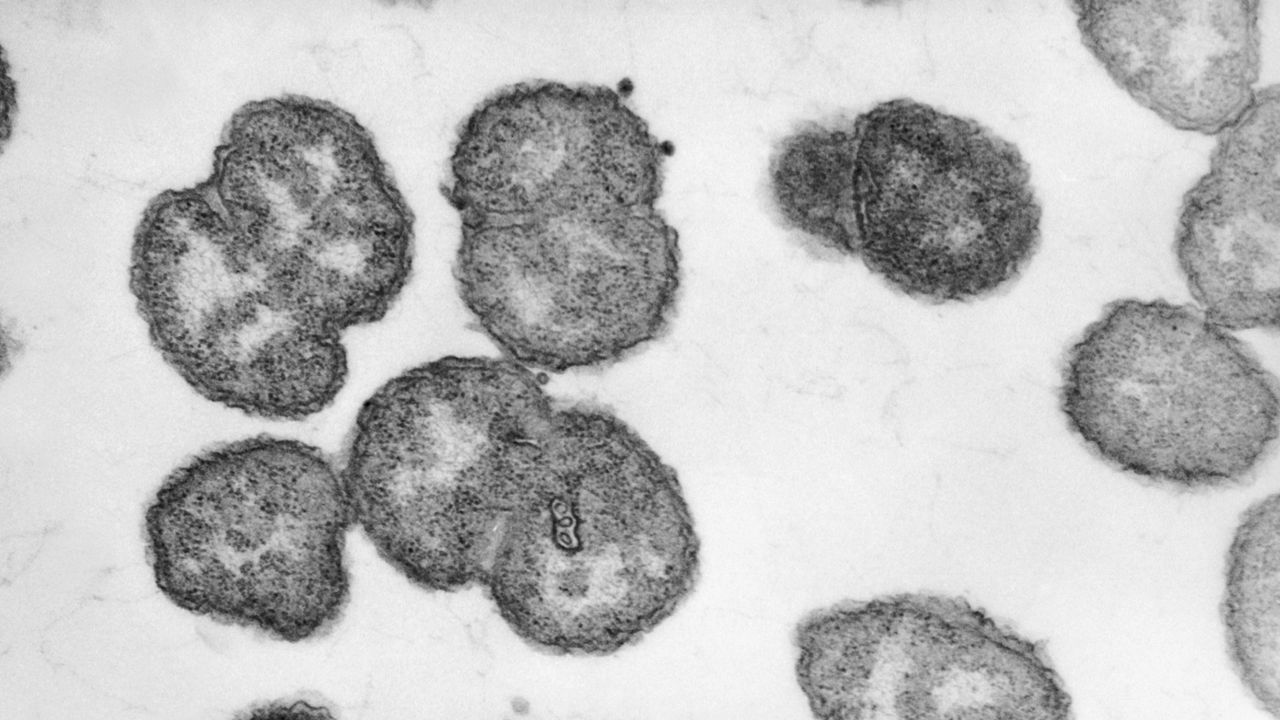Tiny spider crabs snack on parasites from Chile’s favorite fish
PositiveScience

Tiny spider crabs are making waves in Chile by snacking on parasites found on the country's beloved cusk-eels. These crabs thrive around methane seeps, creating a unique ecosystem that benefits both species. This relationship highlights the importance of marine biodiversity and how even the smallest creatures play a crucial role in maintaining the health of larger fish populations. It's a fascinating example of nature's interconnectedness and could have implications for conservation efforts in the region.
— Curated by the World Pulse Now AI Editorial System













